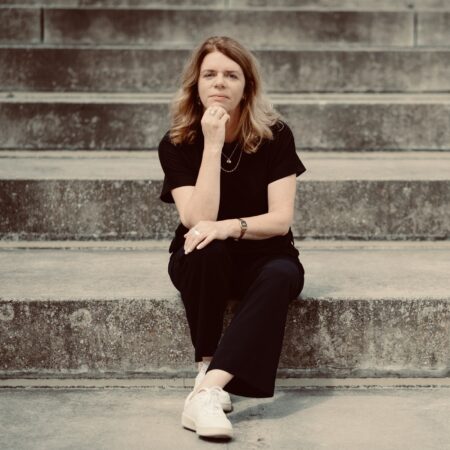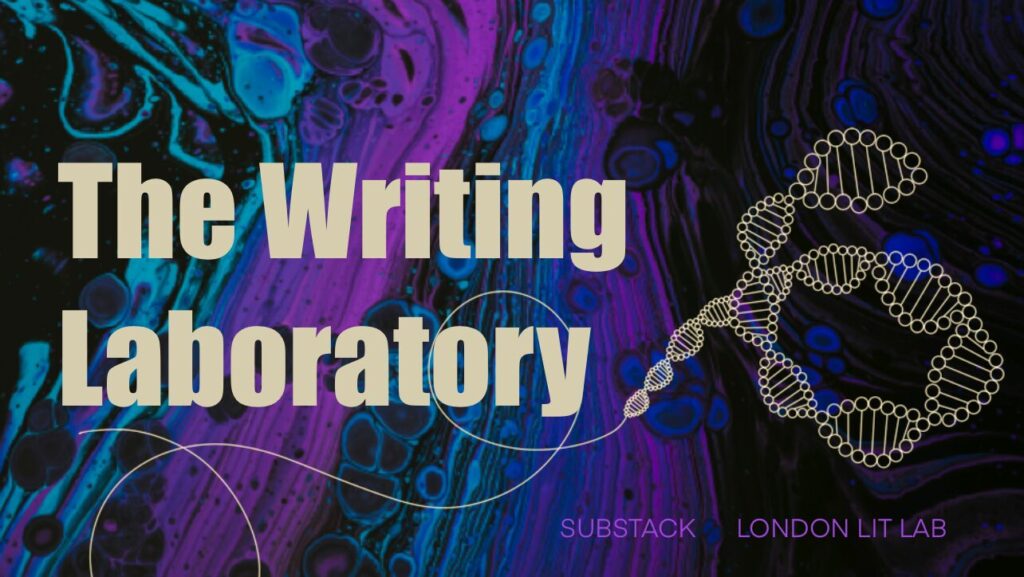Writing Using Creative Thinking
Saturday 22nd March 2025 | 2-4pm UK Time / GMT
From Plato to punk via Dadaism, play and creative thinking techniques for writers have been recognised as transformative because they encourage us to ask, “What if…?”.
The philosopher Heraclitus described play as ‘the lightning-bolt which steers all things’. In this workshop we will discover why ‘play’ techniques have been recognised as essential from early Greek thinkers, through to early C20th avant-garde, as well as Winnicott and neuroscience’s brain plasticity research. We’ll take a look at the spontaneous framework we need to enhance a strong creative practice and learn about the ‘3-step creative thinking’ model – an innovative creative thinking tool. Together, we will explore how open-ended spontaneous and creative thinking can unlock potential.
In this 2hr session we will:
- Develop powerful analytical writing tools to help problem-solve our drafts
- Practice writing exercises that generate imaginative and original material with ease
- Q+A with author, lecturer and clinical arts therapist, Susannah Crossman
This session welcomes beginners and experienced writers, poets, essayists, novelists, short story writers as well as teachers.
Writing Using Visual, Musical and Drama Technique
Saturday 26th April 2025 | 2-4pm UK Time / GMT+1
When I am in my painting, I’m not aware of what I’m doing. It is only after a sort of ‘get acquainted’ period that I see what I have been about … the painting has a life of its own – Jackson Pollock.
From the visual arts we’ll examine tools like mind-mapping, and Russian cinematic collage montage technique to help us juxtapose, complement or amplify hybrid elements. From music, we’ll highlight jazz and discover how improvisation works to help us understand the rhythms of language, the use of a riff, and listening to our work. From theatre, our workshop will focus on specific improvisation/performance techniques, and an understanding what happens when we spontaneously write. From each artistic practice we’ll learn specific practical writing tools, and hear from leading musicians, actors, and artists on their use of creative thinking and how it relates to writing (guest list to be confirmed).
In this 2hr session we will:
- Look at ‘creative thinking’ practices inspired by visual art, theatre and music and apply this to our writing practice as seeing, embodying, and hearing
- Use writing exercises from visual arts, theatre and music to generate material
- Look closely and try out the 3-step creative thinking writing model
- Q+A with author, lecturer and clinical arts therapist, Susannah Crossman
This session welcomes beginners and experienced writers, poets, essayists, novelists, short story writers as well as teachers.
Developing a Creative Thinking Writing Practice
Saturday 21st June 2025 | 2-4pm UK Time / GMT+1
‘When the image is new, the world is new’ – Gaston Bachelard, The Poetics of Space
Are you interested in analysing your writing process to undo the knots, recharge, unwind and motivate? Join this intimate group workshop as we develop and integrate creative thinking tools into the way we write. We’ll be looking at our own individual projects and our writing practice (where, when and how you write), for a more personalised skill development session identifying needs and solutions.
In this session, each participant will bring a current writing project with a problem that needs solving. We will use the ‘Change Star’ exercise to evaluate current writing needs and what we want to change, as well as enhance and develop writing practice with creative/divergent thinking. We will also look at the transactional analysis model, when and where you write, and how you can integrate creative thinking into your writing practice in terms of your environment, routine and rituals – such as use of visual aids, mindfulness, walking, reading and more. Finally we’ll be using individual and collaborative tools with your work, learning how to use creative/divergent thinking tools to tackle your book idea/short story/essay.
In this 2hr session we will:
- Take a look at some coaching techniques
- Complete practical writing exercises
- Q+A with author, lecturer and clinical arts therapist, Susannah Crossman
Tickets
This course is open to beginners and experienced writers, poets, essayists, novelists, short story writers as well as teachers. This event will be recorded for the purpose of sending to ticket holders who can’t make the event, and those who require the recording to meet their access needs. Tickets purchased after the event takes place will give access to the session recording until the 4th of July 2025.



